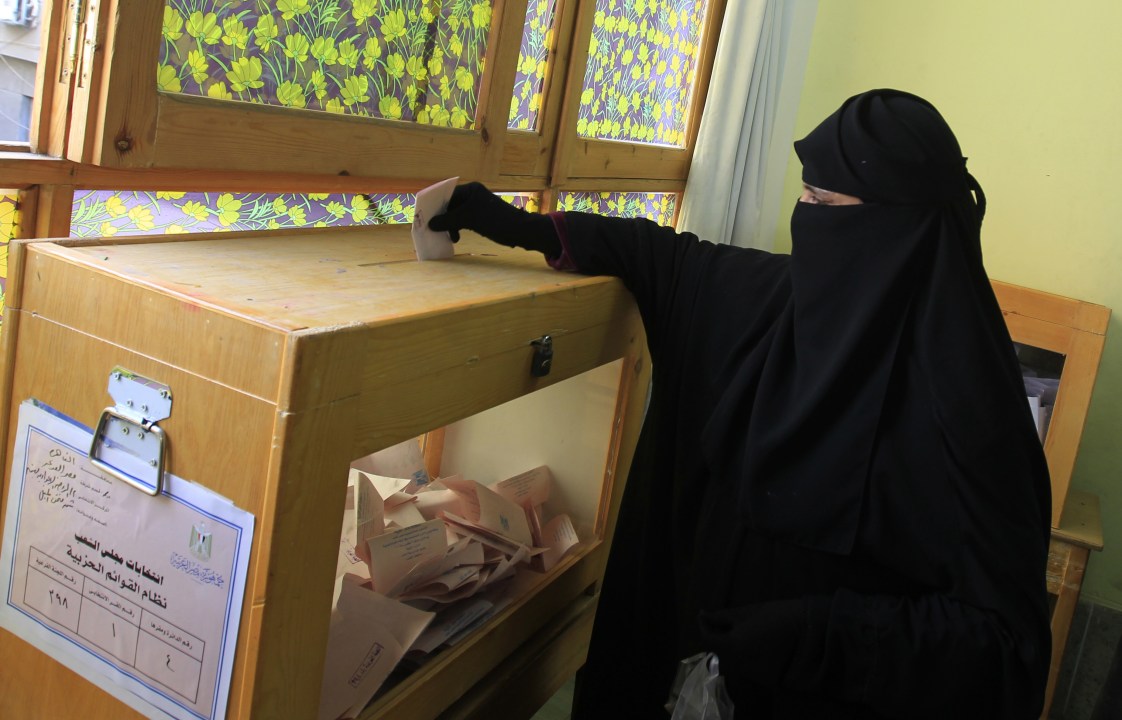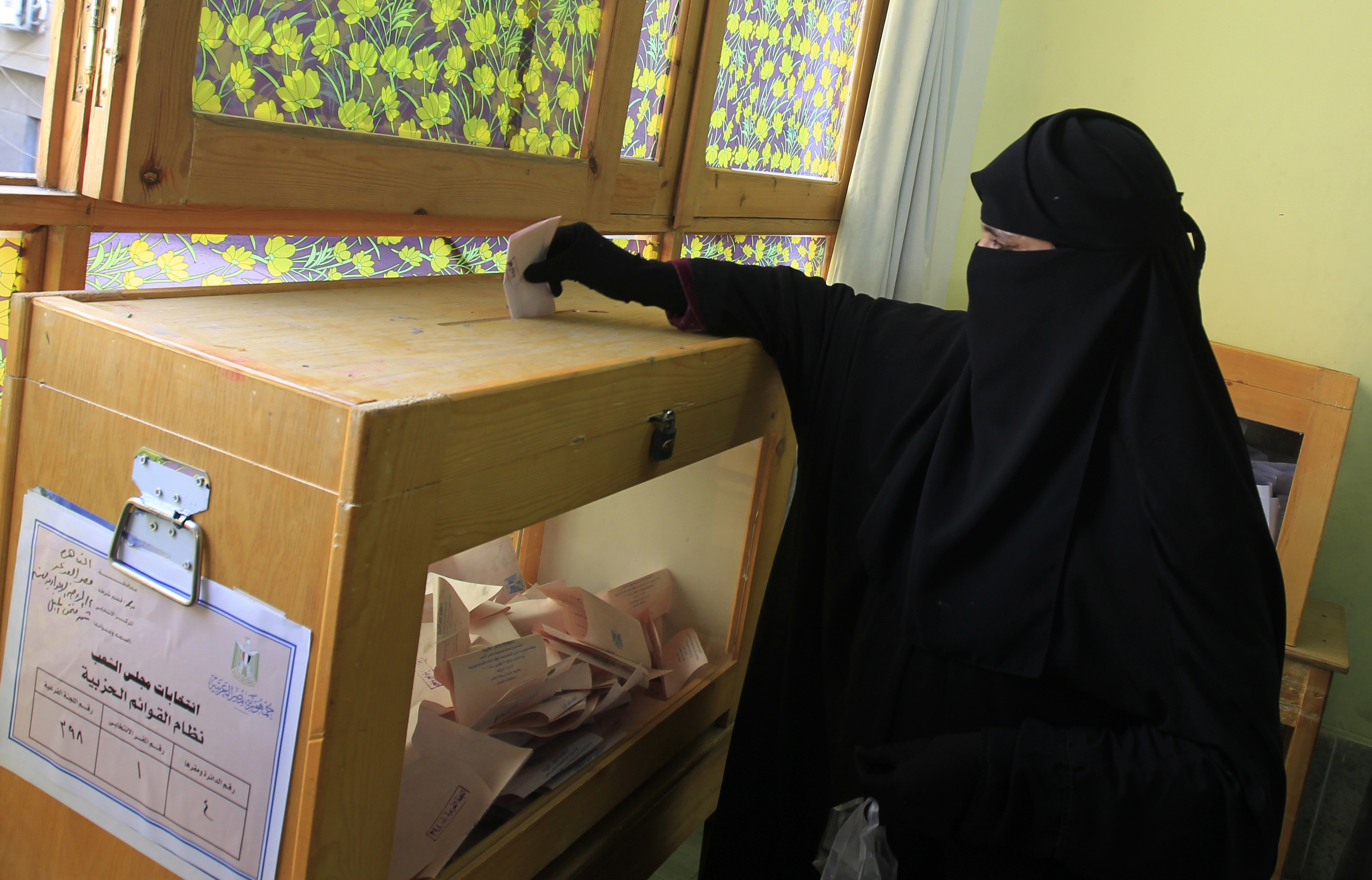 Many thought the day would never come. Even as recently as yesterday, some doubted it
would happen. But today Egyptians went to the polls in the country’s first parliamentary elections since Hosni Mubarak’s fall,
hoping to take a first step toward democracy. Under a complex electoral system, voters picked both party lists and individual candidates. The final results are due by 13 January 2012.
Many thought the day would never come. Even as recently as yesterday, some doubted it
would happen. But today Egyptians went to the polls in the country’s first parliamentary elections since Hosni Mubarak’s fall,
hoping to take a first step toward democracy. Under a complex electoral system, voters picked both party lists and individual candidates. The final results are due by 13 January 2012.
As it stands, the Muslim Brotherhood, Egypt’s largest and best organised group, along with Salafists, are expected to do well in the vote — after all, Islamists did prosper in the elections in Morocco and Tunisia. But it is not assured. Voters may feel that the Islamists have been too opportunistic in both their alliance with the military and their unwillingness to join last week’s protests.
Despite the problems experienced in the pre-election period, the election is likely to be fairer than anything organised in Egypt before. What happens after the election remains a mystery, however. The military junta — known as the SCAF — do not look like handing over control any time soon. And the exact powers of the new legislature and the new government remain unclear, as a new constitution has not yet been drafted. Further, how will the liberals react if they lose out? Will they take to Tahrir Square again, in hope of maintaining influence over the new parliament?
If the election in Egypt succeeds — that is, if it is fair, credible and peaceful — the effect will be profound. So far there have been no reports of serious election-day violence. But what comes after polling day will be even more important. Don’t forget, Iraq also had elections but struggled to create a peaceful form of politics afterwards. Hopefully, Egyptians will have learnt from that.







Comments